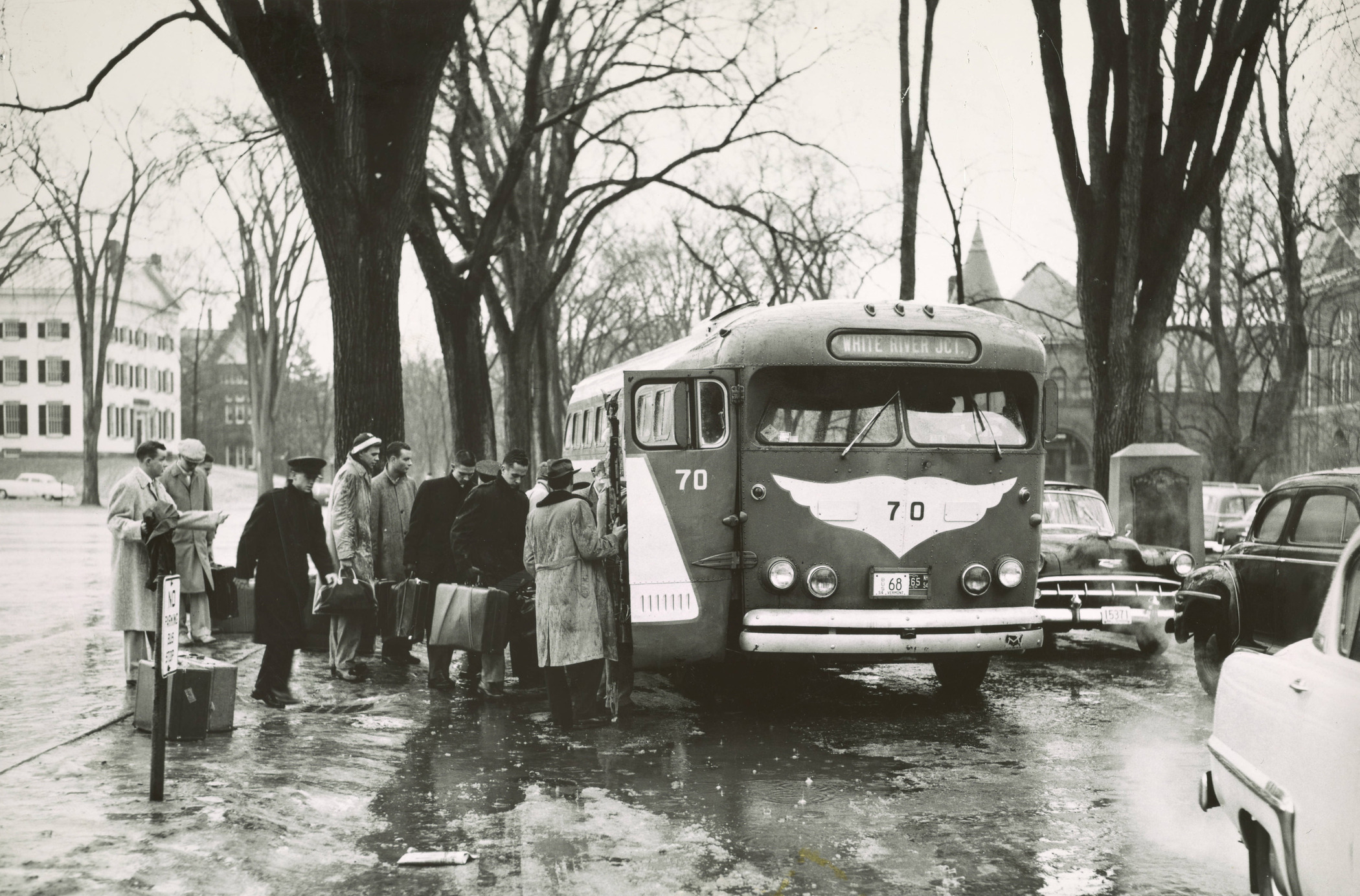Summer Student Archival Research Program
Aimed towards students with little to no experience with archival research, this program will teach students basic research skills and allow them to practice their skills at both Rauner Library and Brown University’s Hay Library.
During the interim between spring and summer terms, a cohort of up to six Dartmouth undergraduate students will participate in educational activities at Dartmouth's Rauner Library and Brown University's Hay Library. Participants will come away with more confidence in their archival research ability, a greater understanding of how to conduct research on historical topics, and an appreciation of the similarities and differences between the archives of different institutions.
Description
Collaboration with Hay Library
The John Hay Library at Brown University hosts a cohort of six undergraduate fellows for eight weeks each summer, where they learn to use the archives and special collections to research a topic of their interest. The Hay Library has invited a small group of Dartmouth students to visit and take part in joint activities on June 12, 2025.
Below is a tentative summary of activities over the two days of the program.
Day 1 (June 11)
The morning of the first day of the program will consist of a few sessions covering basic archival research topics, led by one or more Rauner instructors. Students will also be given a tour through the “behind the scenes” spaces at Rauner to give them an idea of the extent of the collections and how an archives and special collections library operates. This will be followed by a lunch with Rauner staff members.
In the afternoon, students will have time for guided research on a pre-selected topic, to be determined.
Day 2 (June 12)
The second day will begin with travel to Providence in a Dartmouth rental vehicle. Activities for the day may include:
- Introductions between Dartmouth and Brown students
- Lunch with all students and Hay Library staff
- Workshop led by Hay staff on historical accountability-related considerations in archival research
- Dartmouth students “shadow” Brown students as they do their research
- Tour of the Hay Library
The Dartmouth cohort will stay overnight in Providence the following night and travel back to Dartmouth the next morning.
Cost
There is no cost to participate in the program. Transportation and accommodations in Hanover, NH for the first night and Providence, RI for the second night will be provided. Each participant will receive a $150 meal stipend.
Application Process
Applications will be accepted until May 23, 2025 or until the program is full. Eligible students will be notified within three days of their acceptance to the program.
To be eligible for the program, the applicant must be a current Dartmouth undergraduate student. Applicants should submit a 1-2 page personal statement that indicates the student's motivations for applying and interest in conducting research with primary sources, including any prior experience or particular topics of interest. Submit your statement along with a resume or CV to HASRP@dartmouth.edu.
 Historical Accountability Student Research Program
Historical Accountability Student Research Program
